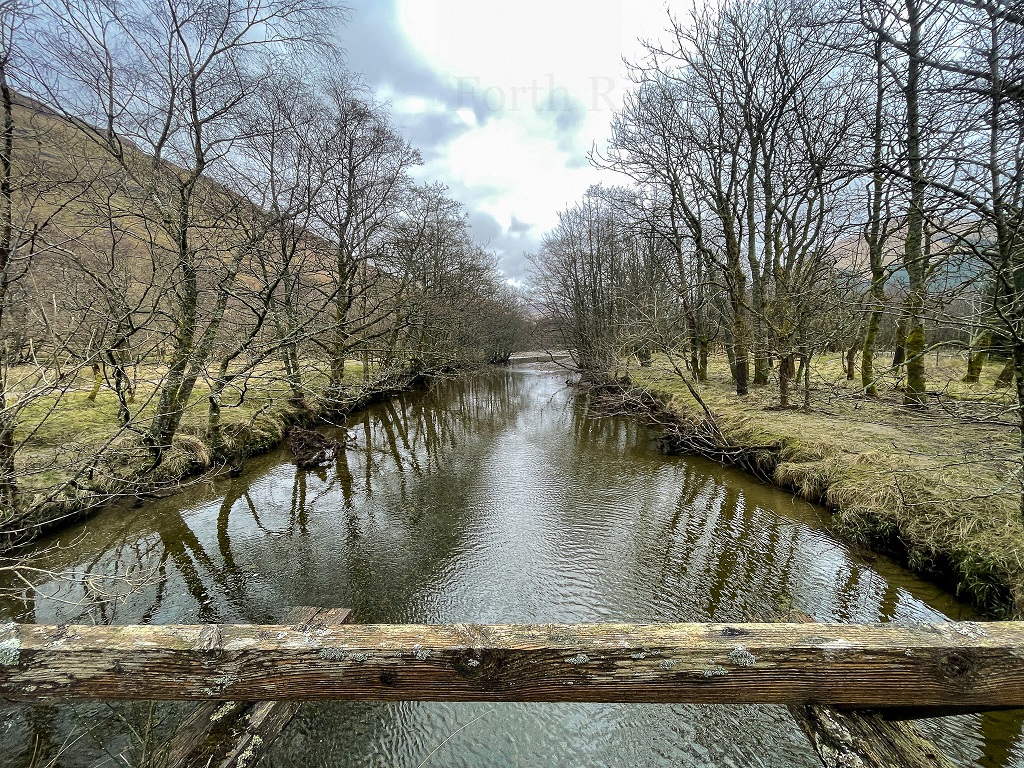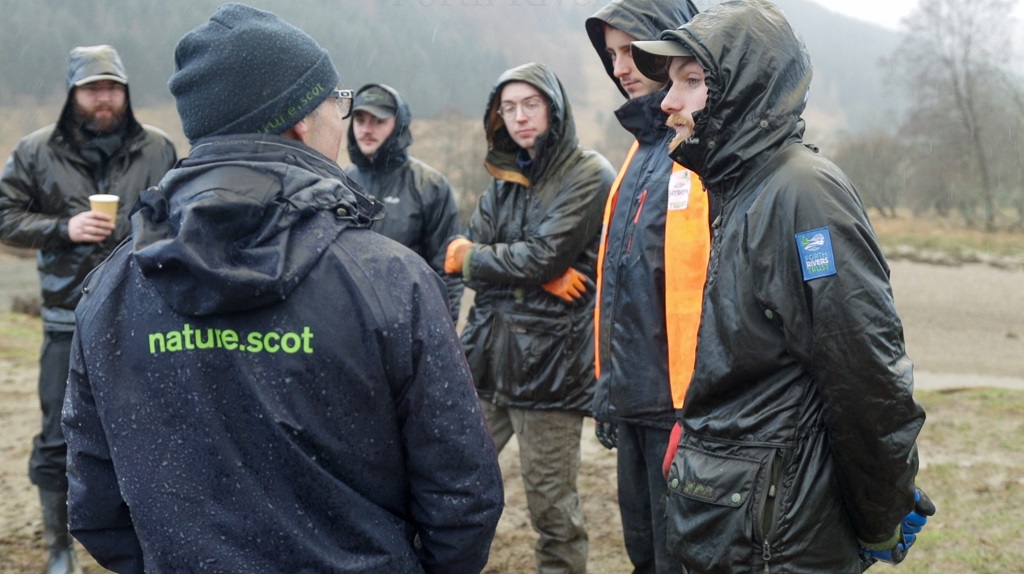Scotland’s rivers, lochs and wetlands are being restored back to good health, thanks to support from NatureScot’s Biodiversity Challenge Fund.
In the past three years, the Scottish Government has invested £3.7m in 27 freshwater and river restoration projects across the country, using innovative, nature-based solutions to help reverse biodiversity loss and mitigate against the effects of climate change.
Major achievements include the planting of 78,000 native trees along river banks to stabilise and prevent erosion and flooding. These new trees also provide essential shade and nutrients for important species like Atlantic salmon, brown trout and freshwater pearl mussel.
One of the largest funding awards, £330k, was made to the Forth Rivers Trust to restore and improve the headwaters of the River Teith catchment, a Special Area of Conservation.
As well as using large pieces of wood to stabilise the river bank and diversify in-stream habitat, this ambitious project planted 8,000 trees along 8kms of the River Larig in the Loch Lomond and The Trossachs National Park, to eventually provide shade for the river and cover for salmon, trout and lamprey. The project completed last week with partners and volunteers coming together to plant the final trees.

River Larig (Photo: Forth Rivers Trust)
Meanwhile, in the Inner Forth, 110 hectares of wetland habitat has been improved to increase the connectivity, quality and resilience of four wetland areas. Creating new ponds and pools, hedging and improved habitat features add to the biodiversity of the sites and provide a refuge for wildlife.
While over in the Cairngorms, 32 hectares of new and improved breeding and nesting habitat has been created for wading birds, including curlew, oystercatcher and lapwing, as part of the Cairngorms Wetlands project.
More than 100 large bundles of logs and trees with roots attached were put into tributaries of the Dee, the rivers Gairn and Muick, and also the river Larig, creating new habitat and food for freshwater species, providing cover for fish, and enhancing the diversity of river channels. In addition, more than 4kms of new meandering watercourse has been created and river channels reconnected.
NatureScot chief executive Francesca Osowska said: ‘Through the Biodiversity Challenge Fund, we and our partners have made significant progress to restore our rivers, lochs and wetlands, and I applaud all those involved. The incredible amount of work to improve the River Teith catchment will make a positive, lasting difference to the many species of wildlife it supports.
‘We still have a long way to go, as we face the nature and climate crisis. But through the Scottish Government’s new Nature Restoration Fund, we’ll be able to support many more large-scale projects to help put Scotland’s rivers back on the road to recovery.’

NatureScot’s Ian Bray and working with rivers trainees (Photo: Forth Rivers Trust)
Forth Rivers Trust director Alison Baker said: ‘Creating an environment in which our native fish can thrive is of paramount importance if we are to ensure that we do not lose these iconic species, including Atlantic salmon, trout (both resident and migratory), lamprey and eels. These species are declining due to impacts of land use as well as the threats of climate change.
‘The Larig, as the headwaters of the Teith system, is vital for spawning and juvenile fish as well as supporting the ecosystem and wildlife throughout the catchment. The work will also start the process of making the river more resilient to an ever-changing climate due to global warming. This project is vital for the restoration and protection of nature for future generations to come.’
Simon Jones, director of environment for Loch Lomond and The Trossachs National Park Authority, said: ‘The stark reality of the nature crisis means urgent collective action is required to reverse biodiversity loss and to restore nature at scale.
‘Here in Loch Lomond and The Trossachs National Park, we have been investing in tree planting and invasive species removal work with Forth Rivers Trust in the Forth and Teith catchments since 2019. The River Larig project is an excellent example of collective action on the ground and we will continue to support the project with both funding and volunteers.’
The Scottish Government’s new £65m Nature Restoration Fund takes over from the Biodiversity Challenge Fund, backing projects that fight the nature loss and climate crisis by restoring and improving habitats and species.
TAGS

